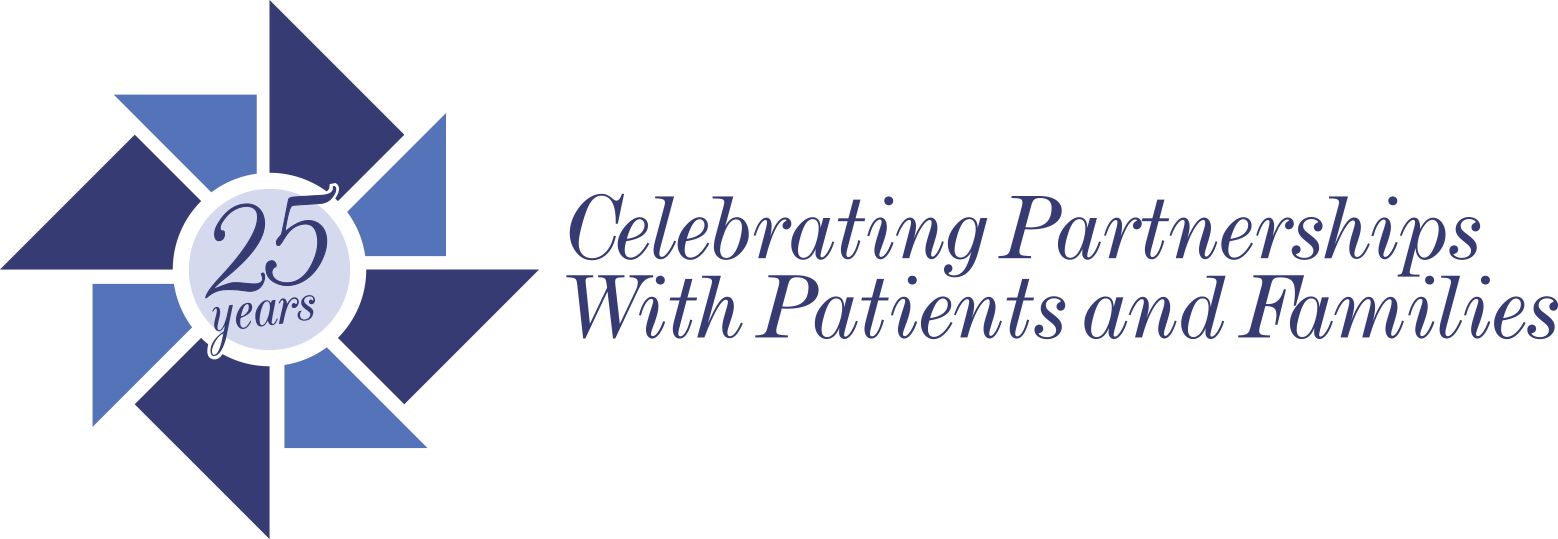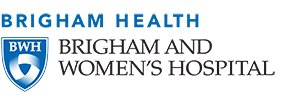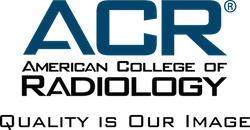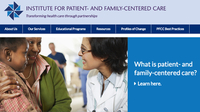IPFCC Celebrates Its 25th Anniversary!
|

|
For 25 years, the Institute for Patient- and Family- Centered Care has led important change to ensure that partnerships among patients, families, and health care professionals are at the heart of the health care system.
In this work, we have collaborated with many individuals, organizations, foundations, and government agencies across North America to advance the understanding and practice of patient- and family-centered care. We are incredibly grateful to all. But there is still much to do to truly engage patients and families as partners in their health and in care transformation.
During 2017, we will be celebrating our accomplishments, strengthening leadership, and building support in different ways. We hope you will join us in this year of celebration and growth!
|
Study of New York Hospital PFACs and PFAs
|

|
IPFCC is beginning a one-year study of Patient and Family Advisory Councils (PFACs) and the roles of patient/family advisors in New York State, with support from the New York State Health Foundation (NYSHealth). Through a comprehensive online survey of hospitals and several interviews, data will be gathered describing the prevalence of PFACs and documenting differences in structure and function. The study will also assess whether differences are associated with variations in patient experience and other selected outcomes. As outlined by NYSHealth, the ultimate goal of the project is to recommend changes for both policy and practice in NYS hospitals to enhance partnerships with patients and families.
“The New York State Health Foundation is excited to be supporting the Institute for Patient- and Family-Centered Care on this project, which connects directly to our Empowering Health Care Consumers priority area,” said Sharrie McIntosh, Vice President for Programs of NYSHealth. “This landmark study will describe, for the first time, the landscape of PFACs in New York—how many there are, and how they vary in composition, resources, and role. Most importantly, this project will describe best practices for how PFACs can be used as an effective vehicle for actively engaging patients in their own health and healthcare.”
Judith Hibbard, DrPH, Professor of Health Policy at the University of Oregon, will serve as the project’s research advisor. In implementing the project, IPFCC staff and consultants will be guided by a Project Advisory Committee with significant membership from NYS. IPFCC will also draw upon its extensive experience in providing consulting, technical assistance, and training to many NYS organizations, including public hospitals that are part of NYC Health + Hospitals and hospitals in the Long Island Health Network.
|
Hospitals Across Canada Changing “Visiting” Policies
|
The Canadian Foundation for Healthcare Improvement (CFHI), IPFCC’s exclusive Canadian partner for the Better Together campaign, announced on January 17, 2017 that nearly 50 hospital and healthcare organizations in Canada are either reviewing or already adopting family presence policies – including 24/7 visiting hours. The Canadian campaign began after a 2015 study by CFHI found that fewer than one in three Canadian hospitals had “accommodating” visiting policies and even less offered 24/7 access to designated family members.
See the full press release and list of Canadian hospitals.
Pledge to be part of the Better Together campaign in the U.S.
|
Primary Care Corner ~ Brigham and Women’s Hospital
|
![]()  |
The Brigham and Women’s Hospital (BWH) is a 793-bed, trauma level one, academic medical center located in Boston, MA which serves a diverse patient population. BWH has prioritized patient- and family-centered care as its primary strategic goal for the last five years.
BWH has three PFACs specifically for ambulatory care that are chaired by their respective medical directors. The Phyllis Jen Center is the largest primary care practice at BWH and serves a diverse cultural and socioeconomic patient population. The Jen Center PFAC was established in 2014 and is comprised of nine patient family/advisors who have worked on improving patient-facing materials, for example: creating a patient practice agreement, editing the patient newsletter for patients in the practice, and providing feedback on letters to patients informing them of new practice policies.
The Fish Center PFAC was established in 2015 and has ten patient/family advisors. This practice located in Chestnut Hill, MA is a multispecialty practice comprised of primary care along with specialty care (e.g., dermatology, gynecology, and rheumatology). The council has spent its first year working on improving the patient flow process from check-in to check-out and also on improving communication about notifying patients that their care provider is retiring.
South Huntington Medical Home is a multidisciplinary primary care practice that includes a pharmacist, nutritionist, and social workers. The South Huntington PFAC was established in 2013 and has five patient/ family advisors. Dr. Stuart Pollack, Medical Director, believes in partnering with advisors and states, “As a physician, it is almost impossible for me to think like a patient. When I’m sick, I email my doctor directly, and when we are together in the exam room, we are speaking doctor, not English.” The council has worked on improving the overall patient experience – from revamping the patient practice compact to revising the phone tree to strengthening communication between staff, providers, and patients.
IPFCC is partnering with the Patient-Centered Primary Care Collaborative (PCPCC) as part of its Transforming Clinical Practice Initiative (TCPI) Support and Alignment Network (SAN). This column provides highlights from the field.
If you already partner with patients and families to improve primary or ambulatory care and want to share your successes, or you want to learn more, IPFCC hosts a free online learning community for Primary and Ambulatory Care Partnerships on its PFAC Network. For more information about joining, please contact Mary Minniti at mminniti@ipfcc.org or sign up on IPFCC's PFAC Network.
|
Patient- and Family-Centered Care Featured in Special Issue of the Journal of the American College of Radiology
|
In a special issue, the Journal of the American College of Radiology (JACR®) explores radiology patient engagement from the patient perspective. Original articles provide valuable insights to help radiologists make the care they provide more patient-centered.
“This issue is a first for the Journal of the American College of Radiology. Patients, caregivers and advocates serve as co-authors or reviewers, in other words, co-producers of meaningful content,” said James V. Rawson, MD, FACR, chair of the American College of Radiology (ACR) Commission on Patient- and Family-Centered Care. “Radiologists are redefining health care delivery; we are innovating, improving and delivering value to the doctor-patient relationship,” he added. Julie Moretz, IPFCC faculty member and Associate Vice Chancellor for PFCC at UAMS was co-author of one of the lead articles in the special issue.
 |
The American College of Radiology (ACR), founded in 1924, is a professional medical society dedicated to serving patients and society by empowering radiology professionals to advance the practice, science and professions of radiological care.
Access the special issue of JACR for free.
|
|
In this Issue
|
- IPFCC Celebrates Its 25th Anniversary!
- Study of New York Hospital PFACs and PFAs
- Hospitals Across Canada Changing “Visiting” Policies
- Primary Care Corner ~ Brigham and Women’s Hospital
- Patient- and Family-Centered Care Featured in Special Issue of the Journal of the American College of Radiology
- IPFCC’s Redesigned Website
- Patient and Family Advisory Council for Quality (PFACQ) at Memorial Sloan Kettering Cancer Center (MSK)
|
IPFCC’s Redesigned Website
|
Visit IPFCC’s redesigned website with new features like the Our Services section and inspirational stories about health care leaders.
www.ipfcc.org

|
Upcoming Webinars
|
|
February 8, 2017
Defining the Role of a Patient- and Family-Centered Care Staff Liaison
Speaker:
Mary Minniti, BS, CPHQ
Are you a staff liaison whose role is to develop and sustain partnerships among health care professionals and patient and family advisors? This helpful webinar will provide best practices, tools and approaches used by staff liaisons to build successful patient- and family-centered programs.
Get more details and register.
February 22, 2017
Responding to Medical Errors in a Patient- and Family-Centered Environment
Speakers:
Maureen Connor, RN, MPH & Leilani Schweitzer
Despite the efforts of many health care organizations to eliminate preventable harm, patients and family members continue to be adversely impacted by medical errors. Join this webinar to learn what patients want and expect when medical errors occur and how patient and family partnerships at the organizational level can help to promote greater transparency around this topic.
Get more details and register.
|
Featured Webinar Recordings
|
Missed one of these IPFCC webinars? Register to view the recording!
Creating and Sustaining a Patient and Family Advisory Council
The Role of Leaders in Advancing Patient- and Family-Centered Practice
Improving Patient and Family Engagement in Mental Health Settings
|
IPFCC Webinars are a cost-effective educational resource. Cost is per line, so a group of any size can participate from the same location on one line. Learn more.
|
Patient and Family Advisory Council for Quality (PFACQ) at Memorial Sloan Kettering Cancer Center (MSK)
|
An article in the December 7, 2016 issue of NEJM Catalyst reported on the impact of MSK’s PFAC for Quality (PFACQ), established in 2015. The article describes the thoughtful process MSK implemented to develop an effective and productive Council. In 18 months, the PFACQ has contributed to 17 quality improvement projects within the institution. The article’s authors attribute the Council’s success to several factors, including (1) membership diversity,
(2) institutional transparency, and
(3) patient driven ideas.
|
Innovative Programs Highlighting Patient and Family Engagement
|
In its “Family Matters” section, the November/December 2016 issue of Pediatric Nursing journal featured IPFCC’s 7th International Conference on Patient- and Family-Centered Care held in New York City on July 25-27, 2016. The article titled, “Innovative Programs Highlighting Patient and Family Engagement,” provided an overview of conference presentations and posters from six health care institutions in the U.S. and Canada.
|
Links
|
|
• International Conference
• IPFCC Webinar Schedule
• IPFCC Calendar of Events
|
| Previous Issues |
|
• November/December 2016
• More issues from the Archive
|
About Us
|
| Founded in 1992 as a nonprofit organization, the Institute for Patient- and Family-Centered Care (IPFCC) works to advance the understanding and practice of patient- and family-centered care in all settings where individuals and families receive health care. |
|